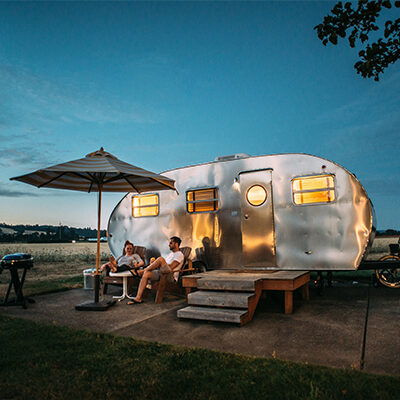Cairn Consulting Group: The Expert in Outdoor Hospitality
Welcome to Cairn Consulting Group, the premier authority in outdoor hospitality. With a robust blend of industry expertise, meticulous outdoor research, and innovative data collection and measurement methodologies, we stand at the forefront of transforming outdoor hospitality experiences. Whether you’re a campground owner, an RV park operator, a glamping site manager, or an RV manufacturer or supplier, Cairn Consulting Group is your go-to resource for insights and strategies that elevate your business to new heights.

Market Research, It’s What We Do.
Learn more about Cairn Consulting Group and market research for data-driven decision-making.
Understanding Outdoor Hospitality
Outdoor hospitality encompasses a broad range of recreational experiences that invite guests to enjoy the great outdoors. From traditional campgrounds to luxurious glamping sites, this industry thrives on providing unique and memorable experiences in natural settings. The demand for outdoor hospitality has surged, driven by an increasing desire for nature-based travel and adventure.
The Importance of Outdoor Research
In an ever-evolving industry, staying ahead of trends and understanding guest preferences is crucial. Cairn Consulting Group excels in outdoor research, providing comprehensive insights that help you navigate the dynamic landscape of outdoor hospitality. Our research focuses on:
- Consumer Behavior: Understanding what drives guests to choose outdoor experiences over traditional accommodations.
- Market Trends: Identifying emerging trends and opportunities in the outdoor hospitality sector.
- Competitive Analysis: Assessing your competition to uncover strengths, weaknesses, and opportunities for differentiation.
Expertise in Data Collection
Accurate and reliable data is the backbone of informed decision-making. Cairn Consulting Group employs state-of-the-art data collection techniques tailored specifically for the outdoor hospitality industry. Our methods include:
- Surveys and Questionnaires: Gathering direct feedback from guests about their experiences and preferences.
- New Data Collection Technology: Gathering data and leveraging new technology for real-time insights is key to staying ahead
- Sensor Technology: Utilizing “smart” systems, including advanced sensors, to monitor occupancy rates, foot traffic, and usage patterns in real time.
- Social Media Monitoring: Analyzing social media interactions to gauge guest satisfaction and identify trending topics.
Precision in Data Measurement
Once data is collected, precise measurement and analysis are essential. Cairn Consulting Group uses cutting-edge tools and methodologies to ensure the data’s accuracy and relevance. Our data measurement services include:
- Performance Metrics: Tracking key performance indicators (KPIs) to evaluate operational efficiency and guest satisfaction.
- Predictive Analytics: Leveraging historical data to forecast future trends and prepare strategic plans.
- Customized Reporting: Providing tailored reports that translate complex data into actionable insights for your business.
Why Choose Cairn Consulting Group?
Industry Expertise
Cairn Consulting Group is the expert in outdoor hospitality. Our team comprises seasoned professionals with extensive experience in outdoor recreation, tourism, and hospitality management. We understand the nuances of the industry and are committed to helping you succeed.
Client-Centric Approach
We pride ourselves on our client-centric approach, working closely with you to understand your goals and challenges. Our tailored solutions are designed to address your unique needs, ensuring that you receive the maximum benefit from our expertise.
Comprehensive Services
From initial research and data collection to detailed measurement and analysis, Cairn Consulting Group offers a full spectrum of services designed to meet your specific needs. Our holistic approach ensures that every aspect of your business is optimized for success.
Proven Results
Our track record speaks for itself. Cairn Consulting Group has helped numerous businesses in the outdoor hospitality sector achieve significant improvements in guest satisfaction, operational efficiency, and overall profitability. We are dedicated to delivering results that matter.
Get Started with Cairn Consulting Group
Ready to take your outdoor hospitality business to the next level? Contact Cairn Consulting Group today to learn more about our services and how we can help you achieve your goals. With our unparalleled expertise in outdoor research, data collection, and data measurement, you can trust us to provide the insights and strategies you need to thrive in this competitive industry.
Cairn Consulting Group is the expert in outdoor hospitality, and we are here to guide you every step of the way. Discover the difference our expertise can make for your business and join the ranks of successful outdoor hospitality providers who have benefited from our comprehensive services.
Connect with us
Learn More About Cairn Consulting Group and the market research opportunities today.